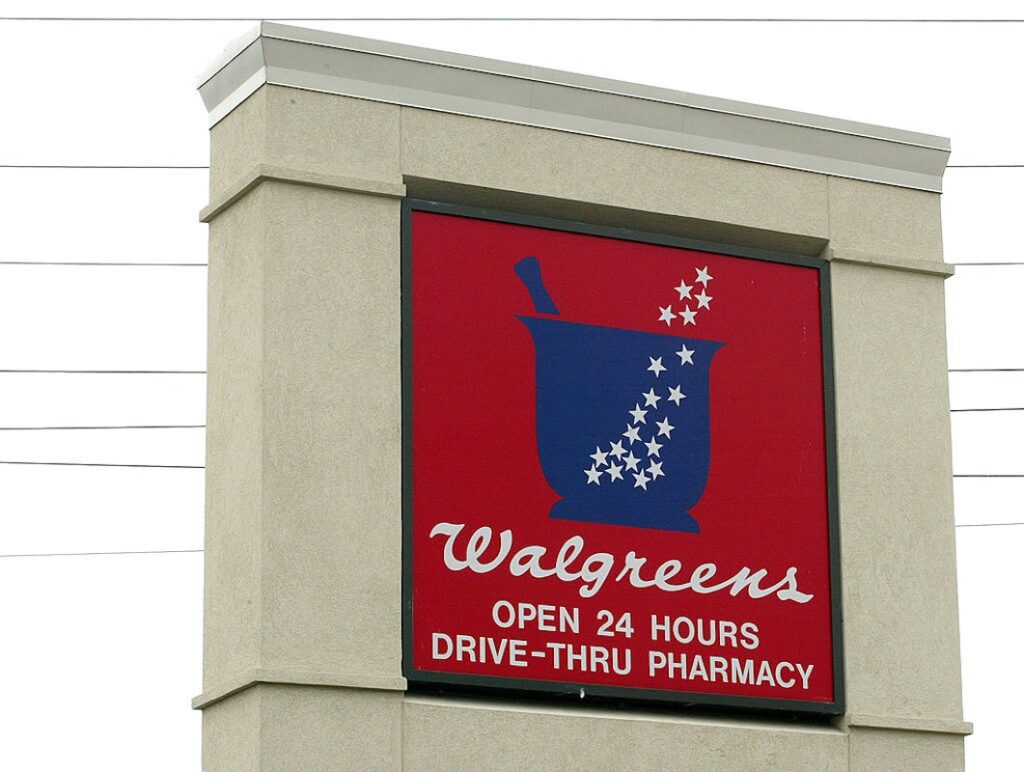Violence and vagrancy in Memphis has become a severe issue, with Walgreens being a prime target for unwanted attention. The corporation has now taken a drastic approach to curb loitering and confront the ongoing petty crimes that have plagued Walgreens stores in the area. The controversial strategy is to play classical music loudly through speakers in the parking lot, which has been successfully implemented in Chicago and Los Angeles. This measure is intended to discourage vagrants and homeless people from harassing customers and loitering around the premises.
Notably, prior to the initiative, groups of 10 to 15 people were found loitering around various Walgreens parking lots in Memphis, according to Fox13. The music is played using a mobile camera and speaker system at several Walgreens locations throughout the city, and the sound can be heard across the street. Multiple residents have expressed their discontent towards this harrowing measure. Though some residents have taken a liking to the classical tunes, others view it as an irritating noise that permeates throughout the area. Cameron Cooley, who works nearby, expresses that the use of classical music for deterrence is understandable, but the same repetitive music playing all-day-long is annoying and deters him from the store entirely.
Walgreens defends their stance by stating that they take measures to ensure the music is loud enough to discourage loitering around the store but is not loud enough to be heard by residents in surrounding neighborhoods. In addition, the measure is seen as necessary due to the consistently high levels of crime in the area. Memphis has consistently ranked as one of the most dangerous cities in America, and in the last year, has seen a sharp increase in property and violent crime. The murder rate alone places Memphis in the top ten worst in the United States.
This strategy for deterrence, banned in multiple areas throughout the United States, is controversial, to say the least. Moreover, the use of classical music as a deterrent may soon become a permanent fixture, continuing to limit the consumer experience in the area. With an increase in crime and safety concerns surmounting, the community needs more action in improving the quality of life, rather than resorting to such radical measures.



